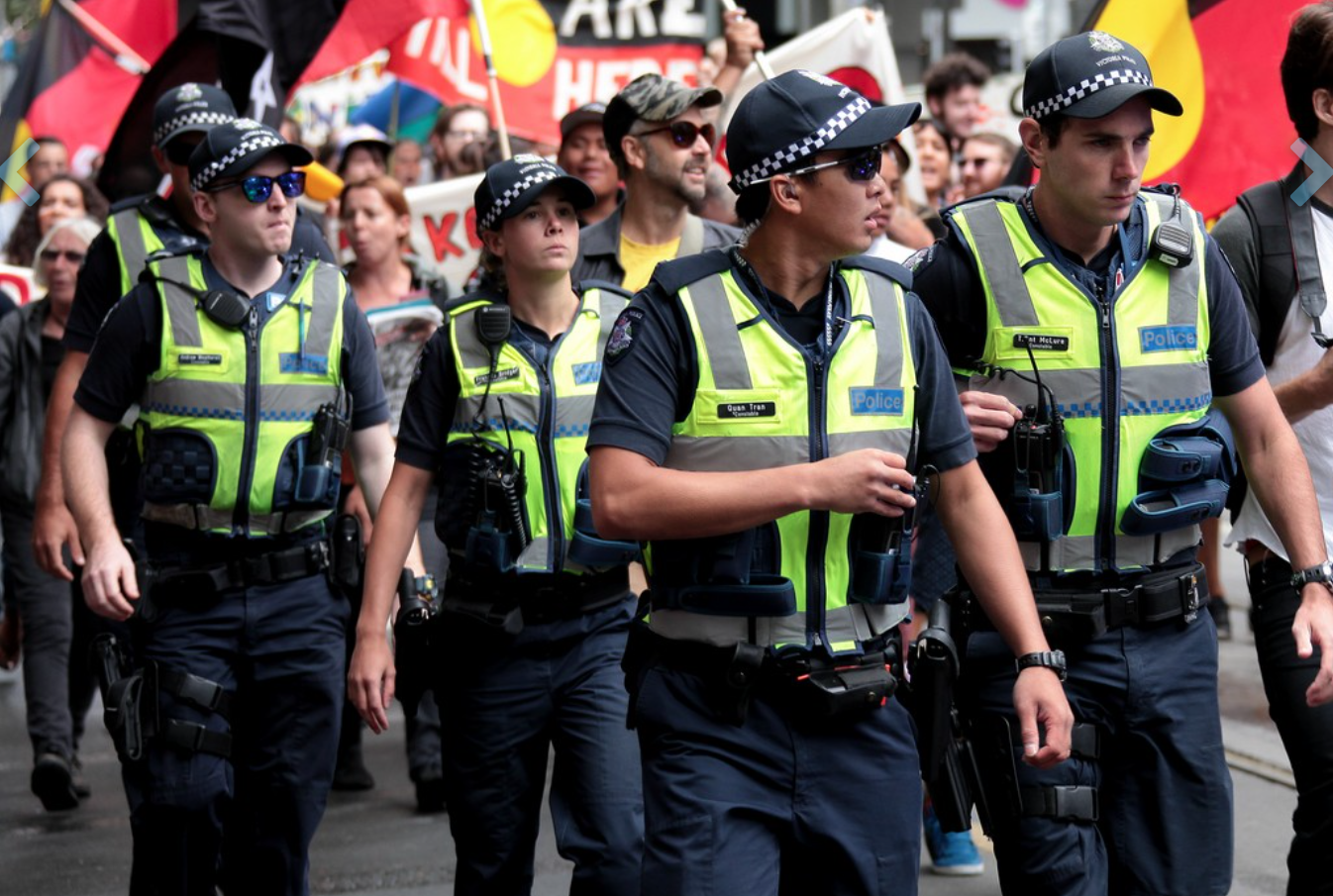Acting Senior Sergeant Krystle Mitchell is a sworn member of the Victoria Police in Australia. She has served Victorians for 16 years as a police officer including 6 years at Professional Standards Command - the division responsible for investigating police misconduct, corruption, discrimination and freedom of information, referring investigations to the Independent Broad-based Anti-corruption Commission (IBAC) where appropriate.
Acting Senior Sergeant Mitchell's cites ethical conflicts as the reason for speaking publicly about conduct of Victoria Police officers, their Chief Commissioner - Shane Patton, their Minister - the Hon. Lisa Neville MP, and ultimately their Premier - the Hon. Daniel Andrews MP. She feels she can no longer remain silent when the division between police and community is growing, and ignored by the leadership of Victoria Police and the State of Victoria.
Despite a promise to focus on 'Community Policing' and 'Back to Basics' policing by Shane Patton, Acting Senior Sergeant Mitchell has witnessed the opposite trajectory during the Covid-19 pandemic and is reminding her colleagues that ultimately they will individually be held accountable for their actions, and are still subject to s 462A of the Crimes Act 1958 (Vic) which forbids the disproportionate use of force. She is also calling for Victoria Police to remain consistent to the values, ethics and decision making frameworks (such as SELF) that it used to demand of its members only 2 years ago.
CRIMES ACT 1958 - SECT 462A
Use of force to prevent the commission of an indictable offence
A person may use such force not disproportionate to the objective as he believes on reasonable grounds to be necessary to prevent the commission, continuance or completion of an indictable offence or to effect or assist in effecting the lawful arrest of a person committing or suspected of committing any offence.
Example
A police officer or protective services officer uses lethal force on a person to prevent that person from committing an indictable offence that involves causing really serious injury or death because the officer believes on reasonable grounds that it is necessary to use that force for that purpose. The police officer or protective services officer may do so before that offence is committed.
